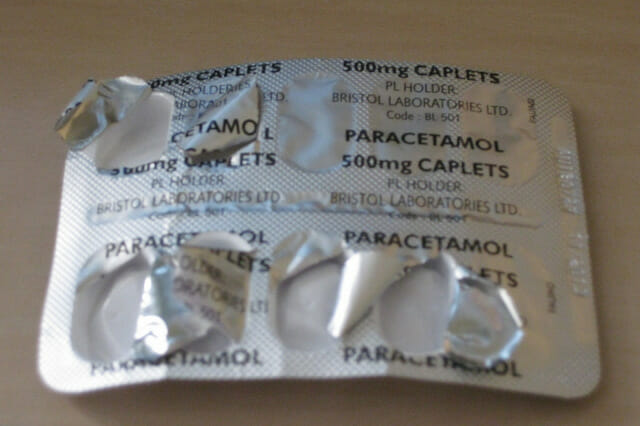From a pharmacological perspective, vitamin K is one of the most commonly used drugs among newborns. The intramuscular administration of vitamin K is part of the usual care protocol in many countries around the world to prevent hemorrhagic complications in the baby.
Although the fat-soluble form of vitamin K is the recommended preparation for neonatal prophylaxis, the water-soluble form is still the most widely used in developing nations. But no previous test has compared the efficacy of water-soluble vitamin K (K3) and fat-soluble vitamin K (K1) in the prevention of vitamin K deficiency.
A group of researchers from India conducted a double-blind, randomized trial titled “Vitamin K1 versus Vitamin K3 for Prevention of Subclinical Vitamin Deficiency: A Randomized Controlled Trial” to compare the efficacy of vitamin K1 and vitamin K3 in the prevention of vitamin K deficiency and to determine if vitamin K3 is more hemolytic than vitamin K1.
Subjects and Methods
All healthy term neonates who lived close enough to the hospital (20 km) were eligible for the trial. Families who elected not to participate; mothers on an antiepileptic, antitubercular, anticoagulant, or anti-inflammatory therapy; mothers who received vitamin K within seven days of delivery; mothers with liver diseases; infants with any prenatally diagnosed bleeding disorders; babies with major congenital malformations; or children who required intensive care for more than forty-eight hours were excluded from the study.
In the end, 170 babies were recruited for the study. The newborns were randomly sorted into two groups. The first group received 1 mg of phytomenadione. The second group received 1 mg of menadione. Each group had 85 infants. The doses were administered intramuscularly within two hours of birth. Exclusive breastfeeding was suggested for all the babies in the study.
A blood sample was collected from all study subjects seventy-two hours after birth. This sample was used to determine the total serum bilirubin and the packed cell volume, and it was analyzed for a vitamin K deficiency marker called PIVKA-II.
Interesting Results
The baseline variables of the enrolled subjects, including birth weight, gestation weeks, genre, Apgar score, and mode of delivery, were similar in both groups.
The mean levels of PIVKA-II in the two groups were 1.99 ng/mL and 1.97 ng/mL respectively. There were no statistically significant differences between them. At seventy-two hours, the volume of packed cells and serum bilirubin levels were comparable between both groups.
These results offer two important conclusions. First, the comparable PIVKA-II detection rate and levels in the infants who received phytomenadione (vitamin K1) or menadione (vitamin K3) indicate their similar efficacy in the prevention of vitamin K deficiency. Second, the high PIVKA-II detection rate observed with both preparations indicates recent vitamin K deficiency. This last finding may be due to either an inadequate dose of vitamin K or the persistence of fetal PIVKA-II.
The absence of any episode of clinical bleeding in this study is a good outcome but not unexpected since clinical vitamin K deficiency is a rare event. The sample size required to detect any difference in clinical bleeding needs to be much more significant.
Vitamin K3 remains easy to obtain and inexpensive in developing countries, but it has lost popularity in most parts of the world because of the fear of inducing hemolysis. However, since researchers found no difference in the mean total serum bilirubin or the volume of packed cells after seventy-two hours, hemolysis does not appear to be a health problem when using menadione (at least in this study).
Consult a pediatrician or neonatologist if there are any concerns about bleeding disorders in children.
Reference
Chawla, D., A. K. Deorari, R. Saxena, V. K. Paul, R. Agarwal, A. Biswas, and A. Meena. “Vitamin K1 versus Vitamin K3 for Prevention of Subclinical Vitamin Deficiency: A Randomized Controlled Trial.” Indian Pediatrics 44, no. 11 (2007): 817–822. Retrieved from https://www.indianpediatrics.net













